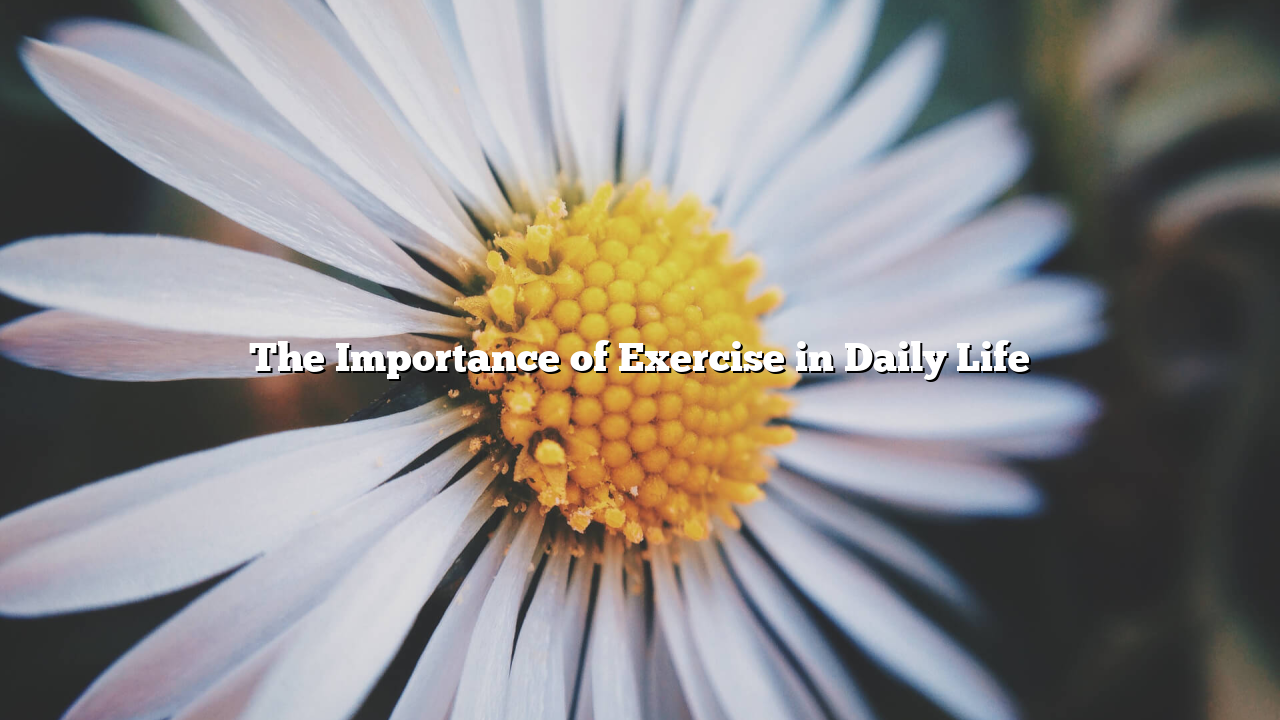Exercise has long been recognized as a fundamental part of maintaining good health and overall well-being. In today’s fast-paced world, where people often spend long hours sitting at desks or using digital devices, the importance of regular physical activity cannot be overstated. Beyond improving physical fitness, exercise also supports mental health, emotional balance, and social maritim4d connections, making it an essential habit for a healthier and happier life.
One of the most significant benefits of exercise is its positive impact on physical health. Regular physical activity strengthens the heart, lungs, and muscles, improving the efficiency of the body’s systems. It helps regulate blood pressure, increases good cholesterol, and reduces the risk of chronic diseases such as diabetes, obesity, and cardiovascular problems. Even moderate activities like walking, cycling, or swimming can contribute to a stronger immune system and better overall health.
Exercise also plays a vital role in weight management. With rising concerns about obesity worldwide, maintaining a healthy weight has become increasingly important. Engaging in physical activity burns calories, boosts metabolism, and prevents the accumulation of excess fat. Combined with a balanced diet, exercise is one of the most effective ways to maintain a healthy body composition and reduce the risks associated with being overweight.
Beyond physical benefits, exercise greatly enhances mental health. Studies have shown that regular exercise reduces stress, anxiety, and symptoms of depression. When the body moves, it releases endorphins, often referred to as “happy hormones,” which promote feelings of relaxation and positivity. Activities such as yoga, jogging, or team sports can provide an emotional outlet and help individuals cope with the pressures of modern life.
Exercise also improves cognitive function. Physical activity increases blood flow to the brain, which supports memory, focus, and learning abilities. This is particularly important for students, professionals, and older adults who want to maintain mental sharpness. Regular exercise has even been linked to a lower risk of age-related conditions such as Alzheimer’s disease and dementia.
Socially, exercise creates opportunities for people to connect and build relationships. Group activities like sports, fitness classes, or community runs encourage teamwork, communication, and a sense of belonging. Exercising with friends or family can strengthen bonds and provide motivation to maintain consistency. This social element makes physical activity not only beneficial for health but also enjoyable and sustainable.
Another crucial aspect of exercise is its role in building discipline and resilience. Sticking to a fitness routine requires consistency, goal-setting, and perseverance, which are skills that can be applied to other areas of life. Achieving fitness goals, whether small or large, fosters confidence and a sense of accomplishment. Over time, these habits shape a stronger mindset and greater self-control.
In conclusion, exercise is not just a physical activity; it is a lifestyle that influences health, happiness, and personal growth. Its benefits extend to the body, mind, and spirit, offering protection against illness while enhancing daily quality of life. No matter the form—whether it’s running, dancing, swimming, or simply taking a brisk walk—exercise is an investment in long-term well-being. By making it a priority in our routines, we can ensure a healthier, more energetic, and more fulfilling life.
